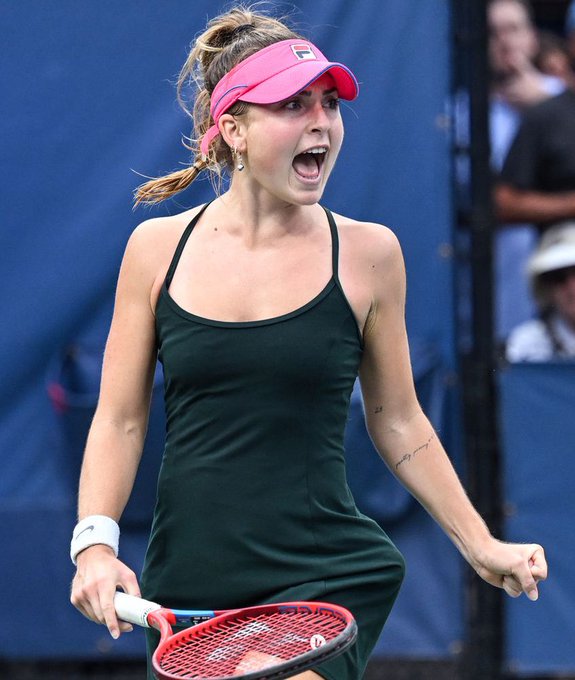Replies
Fiona Crawley, a student at University of North Carolina, competed at the US Open & earned $81,000.
She forfeited the money. If she had accepted it, she wouldn’t have been eligible for NCAA.
“I’d never take the money & never risk my eligibility. But I worked my butt off this…
609
1K
9K
@TheTennisLetter
This rule makes sense though. If a college basketball player goes overseas during the summer let’s say, and plays in a pro-league, and gets paid, he too loses eligibility.
67
0
78
@raoulm
@TheTennisLetter
Blown away by the comprehension here. Professional means pay for play. Collegiate level is a clearly defined amateur structure. An amateur is anyone engaging in an unpaid activity. You can't be paid and be an amateur.
NIL is about marketability, not athletic prowess.
11
0
0
@CDGeaux
@raoulm
@TheTennisLetter
Collegiate I isn't defined as amateur, it's defined as being enrolled and playing for the college you're enrolled in
1
0
7
@AGolds82
@raoulm
@TheTennisLetter
Literally spelled out...collegiate athletes must be amateurs or they ARE NOT eligible for competition in collegiate athletics.
1
0
1
@AGolds82
@raoulm
@TheTennisLetter
Those are rules, and how the NCAA defines them.
Can they be changed, yup.
But these are the rules governing collegiate athletics today.
The athlete pointed out NIL, y'all are pointing at antiquated rules...fair assessments but irrelevant until the governing body changes.
0
0
1







